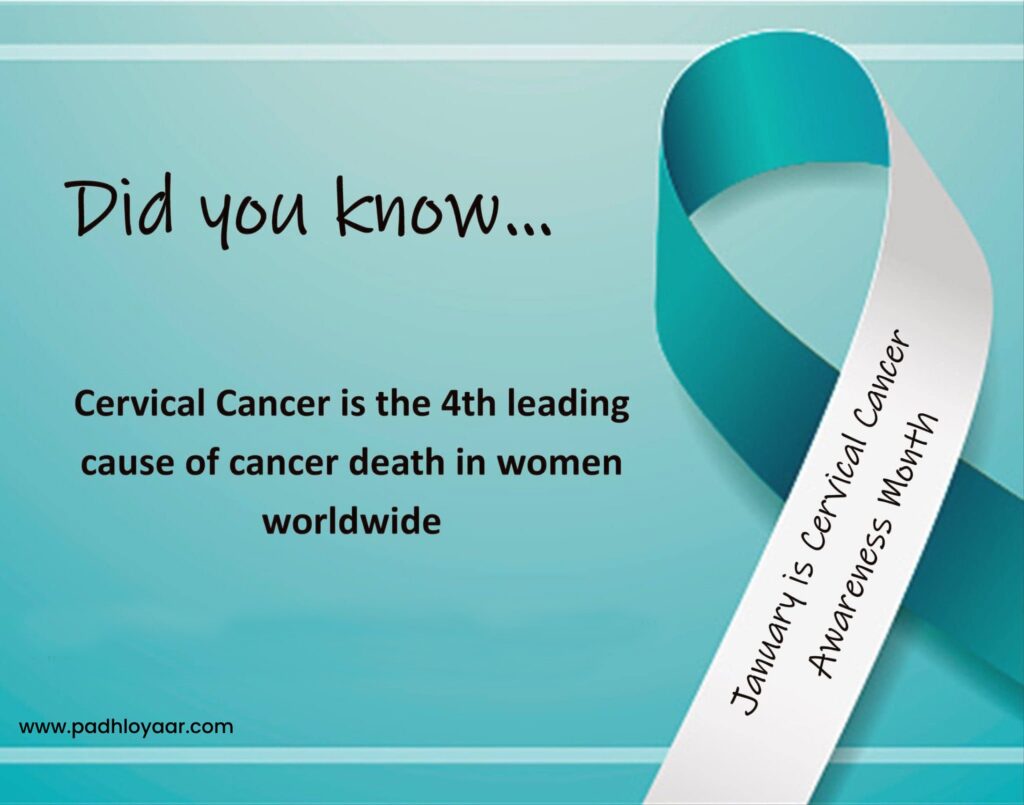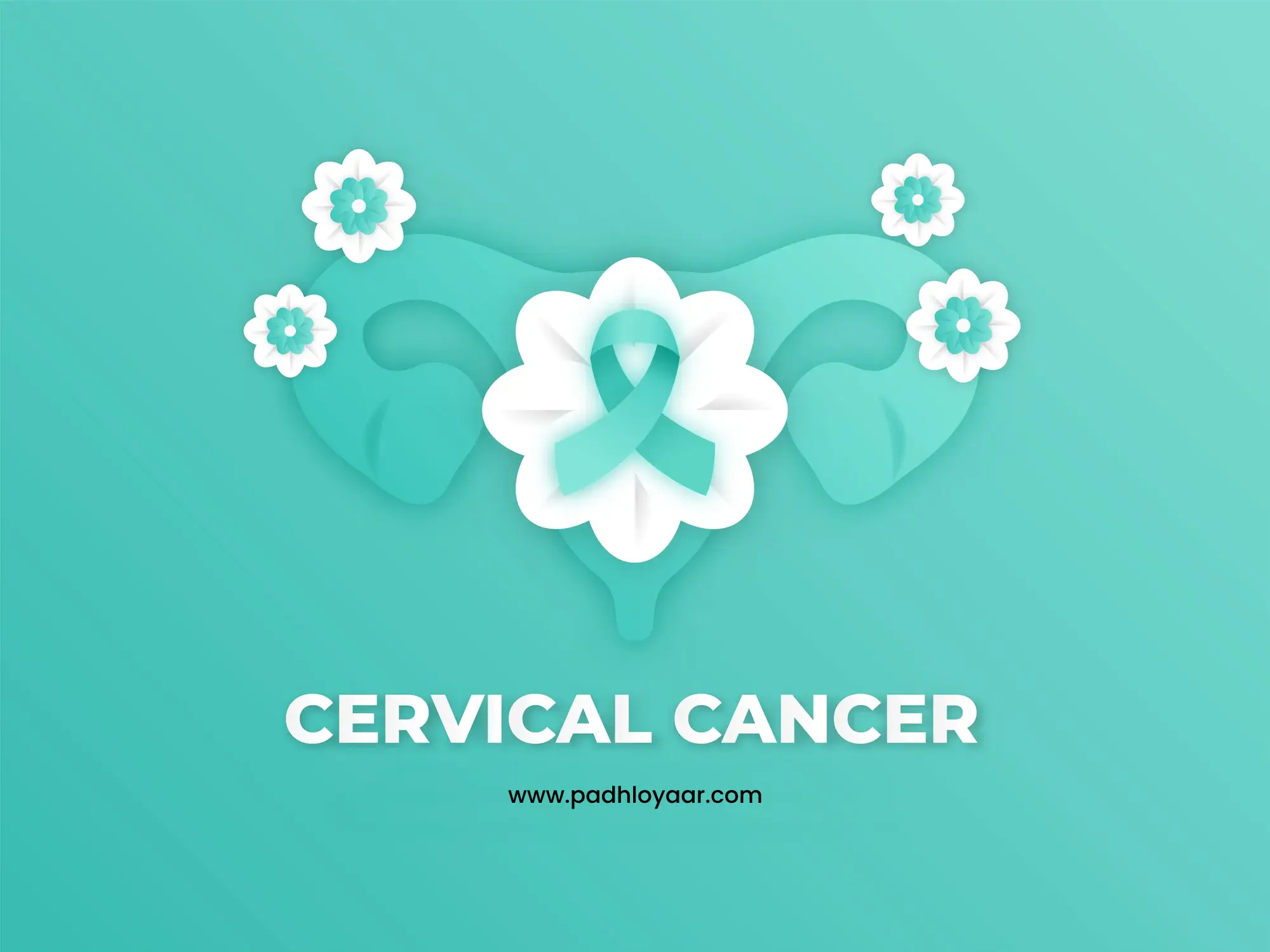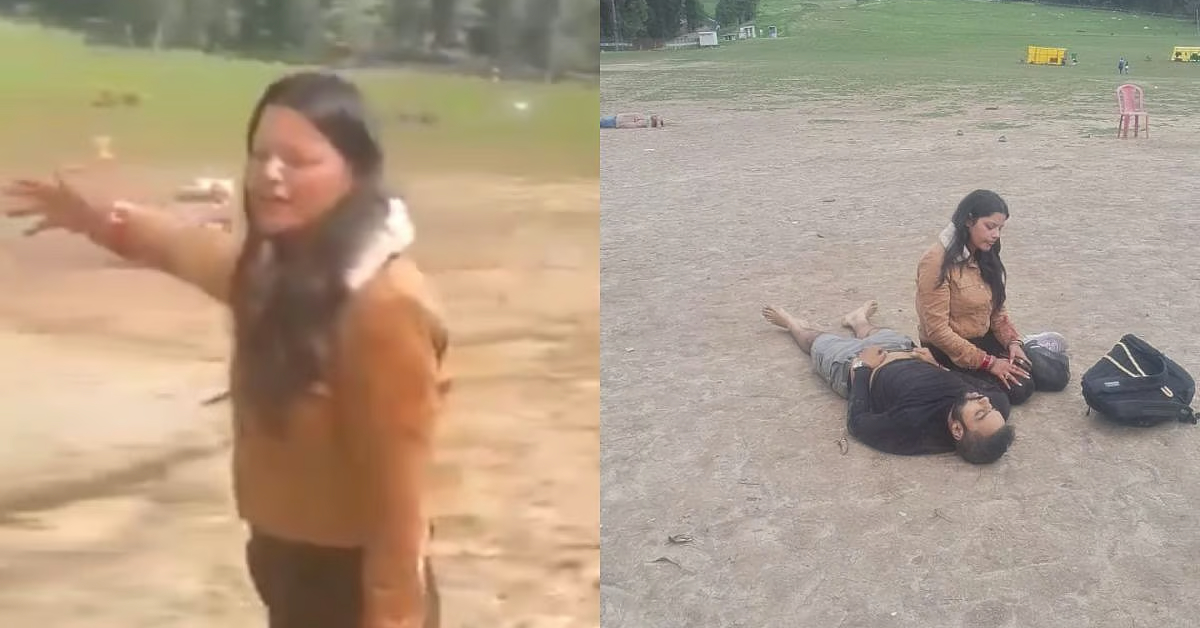Although Cervical Cancer Awareness Month in January has concluded, the commitment of WHO and its partners to combat this disease continues. We must maintain focus on the power of human papillomavirus (HPV) vaccination, the key to preventing cervical cancer. By working together to improve access to HPV vaccines, screening programs, and timely treatment, we can strive towards eliminating cervical cancer in the coming generations. Our shared vision is a significant decrease in cervical cancer incidence by 2030 and its eradication as a public health threat by 2120.
If detected early and handled properly, cervical cancer is among the most effectively cured cancers. But detected too late, the outcomes are far from as favorable.
The good news is that cervical cancer can be prevented so easily by vaccination against HPV and screening.
To all women and girls, the messages of Cervical Cancer Awareness Month are clear:
Educate yourself. Learn the facts about cervical cancer and HPV, such as what to look for. Help educate other women in your life as well.
Screen yourself. Cervical cancer screening generally begins at age 30 and is done again regularly.
Get vaccinated. The HPV vaccine is administered in 1 or 2 doses that should be started when a girl is between the ages of 9–14 years.

Learn more about cervical cancer
Cervical cancer occurs in a woman’s cervix, the lower end of the uterus or womb, which opens into the vagina. Nearly all cases of cervical cancer (99%) are due to the human papillomavirus (HPV), a very prevalent virus that is transmitted by skin-to-skin contact.
The majority of HPV infections are cleared by the body and do not present with any symptoms. But occasionally, infection can become persistent and cause cervical cancer to develop. It normally takes 15–20 years for an infected cervix to develop into cancer, but at times the process can be quicker and take 5–10 years.
Cervical cancer can easily be prevented by vaccination against HPV and periodic screening
Cervical cancer is the sixth most frequent cancer in women in the WHO Eastern Mediterranean Region. In 2022, the Region had around 16,000 new cervical cancer cases, and more than 10,000 women died of the disease.
Early diagnosis and proper management, however, make it one of the most treatable cancers. But diagnosed too late, the prognosis is far from ideal. Late-stage cancers, if caught early enough, can be kept at bay with proper treatment and palliation.
Prevention, screening and treatment can put an end to cervical cancer as a public health menace in a matter of generations.
Recognise the signs of cervical cancer
- Consult a doctor immediately if you notice:
- unusual bleeding in between periods, after menopause or after intercourse
- increased or smelly discharge from the vagina
- sustained ache in the pelvis, back or legs
- loss of weight, tiredness and loss of appetite
- uncomfortable feelings in the vagina
- swelling of legs.
Cervical cancer in early stages can also show no symptoms. That’s why cervical cancer screening is required at regular intervals, even when vaccinated against HPV.
Prevention and therapy of cervical cancer
It is recommended that all girls from the age of 9–14 years be immunized against HPV. This is for protection from HPV infection, which causes the onset of cervical cancer as well as other cancers related to HPV. HPV vaccines are safe and are administered in a single dose to young girls.
Early screening is crucial. If cervical cancer is caught early, it is very treatable. Regular screening from the age of 30 years should be performed to test for HPV that leads to cervical cancer. Women found to be negative for HPV should be screened again every 5-10 years.
HIV-infected women must be screened for HPV every 3 years since the age of 25. The worldwide strategy is advocating for at least 2 screenings in a lifetime, a high-performing HPV test at age 35, and another at age 45.



